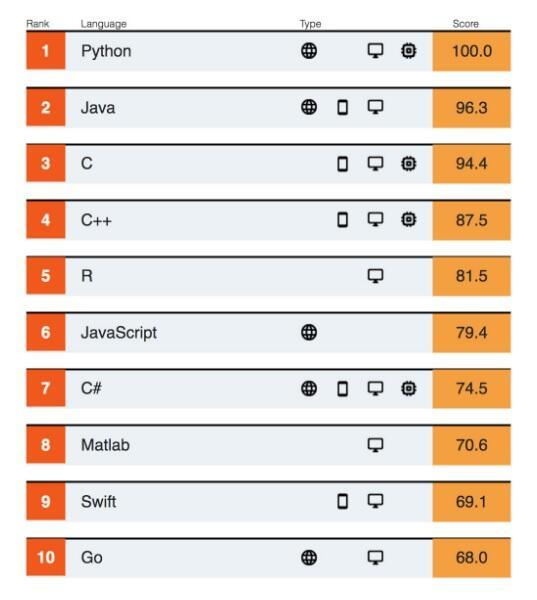Choosing the best programming language for an electrical engineer requires a bit of analysis. Electrical engineers, like all other professionals in the field, deal with many diverse issues. Some of these concerns are practical matters such as what kind of equipment to use, what resources to obtain, and so on. But some are more theoretical, and concern the choices that the engineer will make when developing or designing a system or product. For example, what is the best programming language for an electrical engineer to use to design the program in the first place?
The first thing to consider is whether or not the software being written is intended for real-life use. It is sometimes difficult, though perhaps not impossible, to program something for real-world purposes perfectly. But no matter what, an electrical engineer should be familiar with different programming languages. Even if the programmer is not working in a real-world setting, it is still important to have a grasp of different language's capabilities so that the electrical engineer can explain the program to others, in a clear and concise fashion, how it works.
Programmers must also be familiar with the kinds of machines they will be using. This may seem obvious, but it is easy to get it wrong. Engineers often work with electrical machines that are highly complex and are very unlikely to be programmed in a general purpose programming language. Programmers need to know which kinds of machine controls are necessary, and which are redundant, in order to write a good program. This is possibly the most important consideration in determining which language is best.
Next, the electrical engineer must decide on the kind of programming language best suited to their career. While a general purpose programming language makes it easy for anyone to learn how to do the job, a specialized one will have more detail and fewer restrictions. Contract programmers and those who specialize in high-end systems prefer specific language.

Programmers should also decide on what kind of environment will best suit them as a programmer. There are many different environments a professional electrical engineer could work in, but most will spend much of their time working in an office setting, inside of a building. The office environment requires the electrical engineer to use more professional looking equipment and be more organized. In contrast, many programmers work from their home and prefer to work with a more laid back style, working from their own home desk. The decision will depend entirely on the electrical engineer, and what they prefer.
An important aspect to consider when choosing the best programming language for the electrical engineer is what type of environment the engineer is most comfortable working in. A good candidate for a long-term contract position in a corporate office would not enjoy a "one-size-fits-all" type of atmosphere. In this case, it would be best to choose a language that the engineer has already become comfortable with. This will help ensure that they will be happy with their employment and not feel that they are being forced into learning an entirely new language, which could be a bad thing if they are not ready for it.
When selecting the best programming language for the electrical engineer, it is important to understand that the majority of today's software is written in a high-level programming language. Electrical engineers who develop new software will probably want to have a background in a higher level language, since it is less difficult to learn and understand. This will also help the engineer to have the experience necessary to pick up the newest features that may become available in the future.
Every profession has its own unique requirements when it comes to working as an individual. An electrical engineer can be found everywhere, inside and outside of the workplace. A programmer can be found anywhere there is a computer and an Internet connection. However, the best programmer is the one who has the most experience. Choosing the best programmer is the most important choice that an electrical engineer will make. They need to know that they can trust that person with their future projects, without having to worry about them not being able to meet their deadlines or delivering a subpar product.






